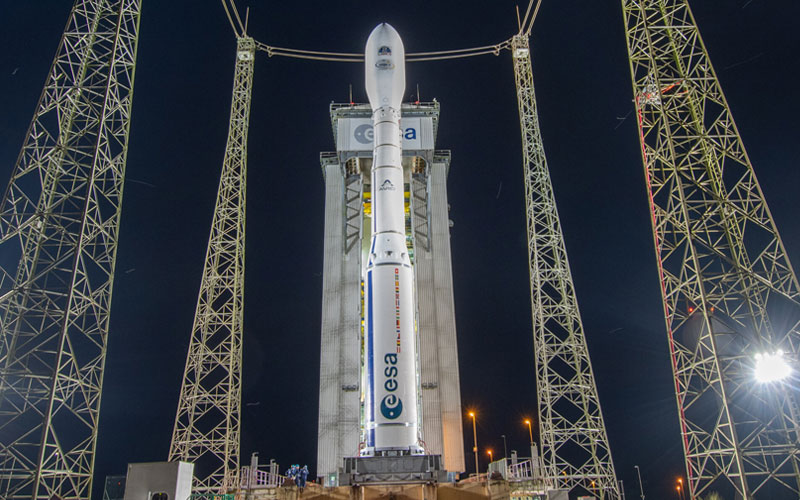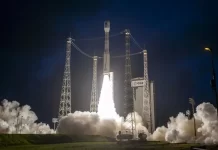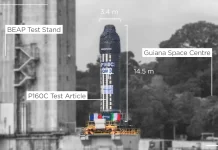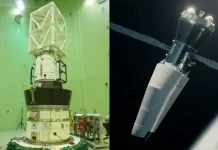
In the lead-up to Avio’s annual shareholder meeting, one of its shareholders has questioned what impact negative launch events have had on the company’s financial results and what is being done to reduce its failure rate.
In accordance with Italian legislation governing publicly traded companies, Avio is required to give its shareholders the opportunity to submit questions in order to raise issues or concerns regarding the governance and operation of the company prior to an annual shareholder meeting. While the questions from this particular shareholder were broad, and the answers were sometimes dismissive and often referred to the company’s annual financial report, the answer to question 6b may have been unintentionally revealing.
The shareholder asked, “What are the prospects for reducing the failure rate?” In response, Avio stated that, in agreement with ESA, the company had “strengthened the evaluation process of the “flight worthiness” of each component of the launcher through a third party (Chief Technical Officer) who periodically chairs the so-called Flight Worthiness Board.” But how could a company’s CTO be a third party?
In the company’s 2022 half-year report, it stated that it had “decided to outsource the function of the Chief Technical Officer (CTO) to Finis Terrae Srl.” Finis Terrae was founded in November 2021 by Paolo Bellomi, who acts as the company’s CEO. Bellomi is the majority shareholder of the company, and his wife and two other family members make up the rest of the company’s ownership. Bellomi is not exactly what one would call impartial when it comes to Avio. In fact, according to his LinkedIn profile, he served as the company’s senior vice president of engineering for 36 years up until May 2021, when he assumed the role of Chief Technical Officer. This is an interesting timeline, considering the fact that Finis Terrae was only founded in November of that year. Additionally, Bellomi also has a significant financial stake in Avio itself.
InOrbit Spa was founded by Avio CEO Giulio Ranzo in October 2016 as an investment vehicle that would allow him and 50 Avio managers to acquire an approximate 4% stake in Avio. Six months later, in April 2017, Avio was listed on the Milan Stock Exchange. Today, the company holds a 4.07% stake in Avio.
Bellomi is one of five major shareholders of InOrbit, with Ranzo holding the largest share. As a result, the so-called third-party CTO is expected to receive a not insignificant share of the €6 million in dividends that Avio is expected to pay out to shareholders in 2024 despite only posting a net income of €6.6 million in 2023. The justification for the dividend payout has primarily been an order backlog that grew 34% from 2022. Of course, this backlog continued to grow in 2023 because Avio didn’t launch a single flight that year, as Vega C remained grounded following a December 2022 launch failure and a June 2023 test failure.
In addition to serving as the third-party CTO of Avio and the CEO of Finis Terrae, Bellomi was also appointed as the CEO of Spacelab in June 2021. The company was founded in 2000 as ELV (European Launch Vehicles) and is a joint project between Avio (70% ownership) and the Italian space agency ASI (30% ownership). It was renamed Spacelab in May 2018. In its 2022 annual report, ASI describes the company as being “engaged in research and development activities for new technologies and testing infrastructure in the space transportation sector.”
In its most recent financial filings, Spacelab reported total revenue in 2022 of more than €2.3 million, with Avio appearing to be its sole customer. The 11-person team (as of 31 December 2022) was, according to fillings, responsible for a wide range of projects for Avio, which included the design and development of ground systems, the qualification of electric benches for Vega C, and initial architectural and software planning for future Vega E systems. The company is also planning to transition its business model from primarily being a service provider for Avio to a product developer and supplier for a wide range of customers. It’s an impressive feat for a CEO to be managing that on top of two other seemingly full-time positions.




